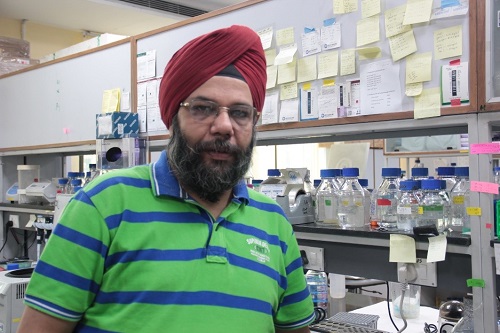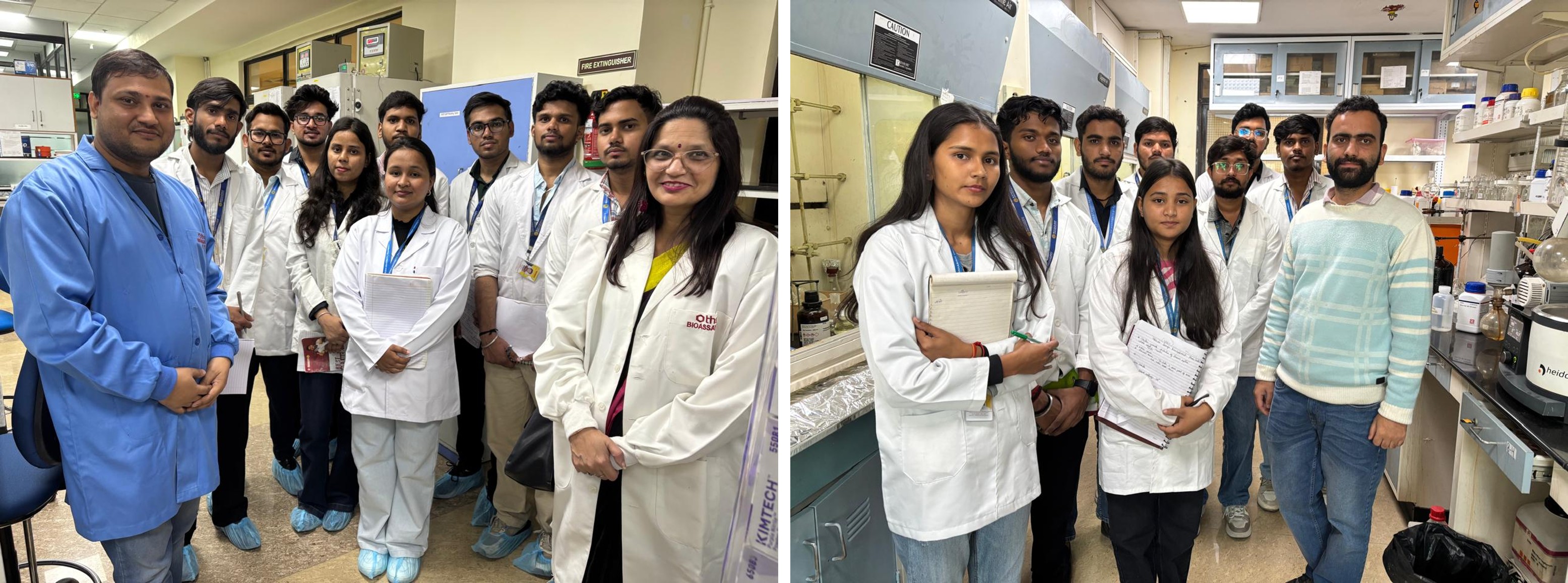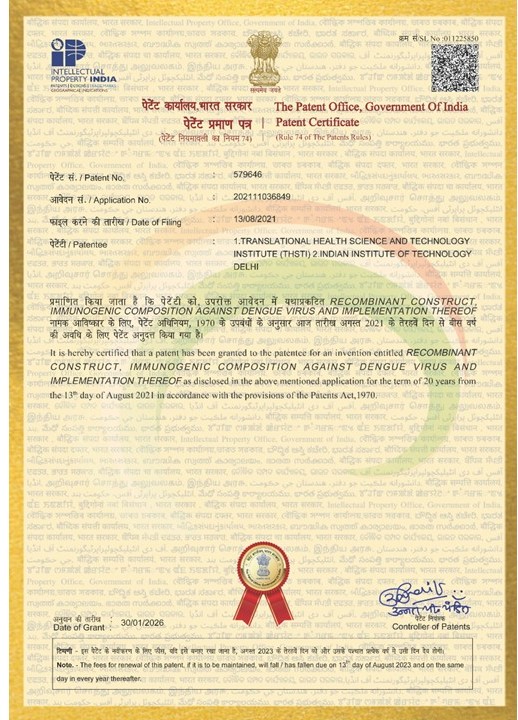Dr. Ramandeep Singh awarded DBT/Wellcome Trust India Alliance's Senior Research Fellowship in Basic Biomedical Research category
DBT/Wellcome Trust announced different fellowships for the November round. Dr. Ramandeep Singh was awarded the Senior Fellowship in the Basic Biomedical Research category.
Dr. Ramandeep Singh’s team has embarked on the journey to find answers to some very pressing questions about Toxin-Antitoxin [TA] systems in prokaryotes.
(i) What are the mechanisms by which TA systems contribute to M. tuberculosis pathogenesis?
(ii) How are TA systems regulated in M. tuberculosis?
(iii) Are these targets druggable in vivo?
Toxin-antitoxin [TA] systems represent up to 2.6% of the coding regions in prokaryotes and occur on both chromosomes and plasmids. TA systems consist of a proteinaceous toxin [T] and an antitoxin [AT]. The antitoxin can be either protein (in the case of Type II, IV, V and VI) or an RNA (in the case of Type I and III).
The genome of Mycobacterium tuberculosis encodes for close to 90 such TA systems. The majority of these TA systems belong to Type II. Several structures of M. tuberculosis TA complexes have been resolved but knowledge about their role in gene regulation and bacterial physiology is very limited.
“We will be using gene recombination, deep sequencing, protein-protein interaction, mass-spectrometry, high throughput screening, and animal models would help us to decipher the regulation and function of TA systems from M. tuberculosis,” says Ramandeep when asked about what he has in his toolkit that would help to study the TA systems.


 20 Feb 2026
20 Feb 2026
 17 Feb 2026
17 Feb 2026
 10 Feb 2026
10 Feb 2026
 02 Feb 2026
02 Feb 2026